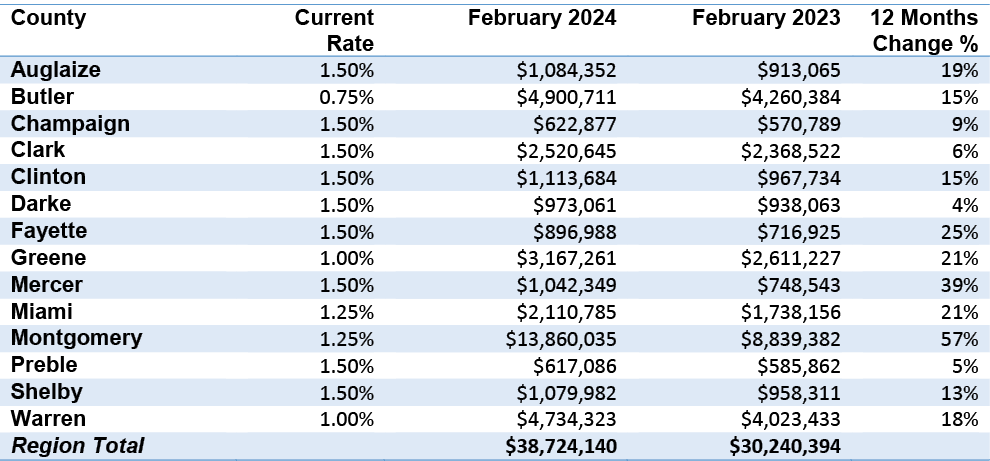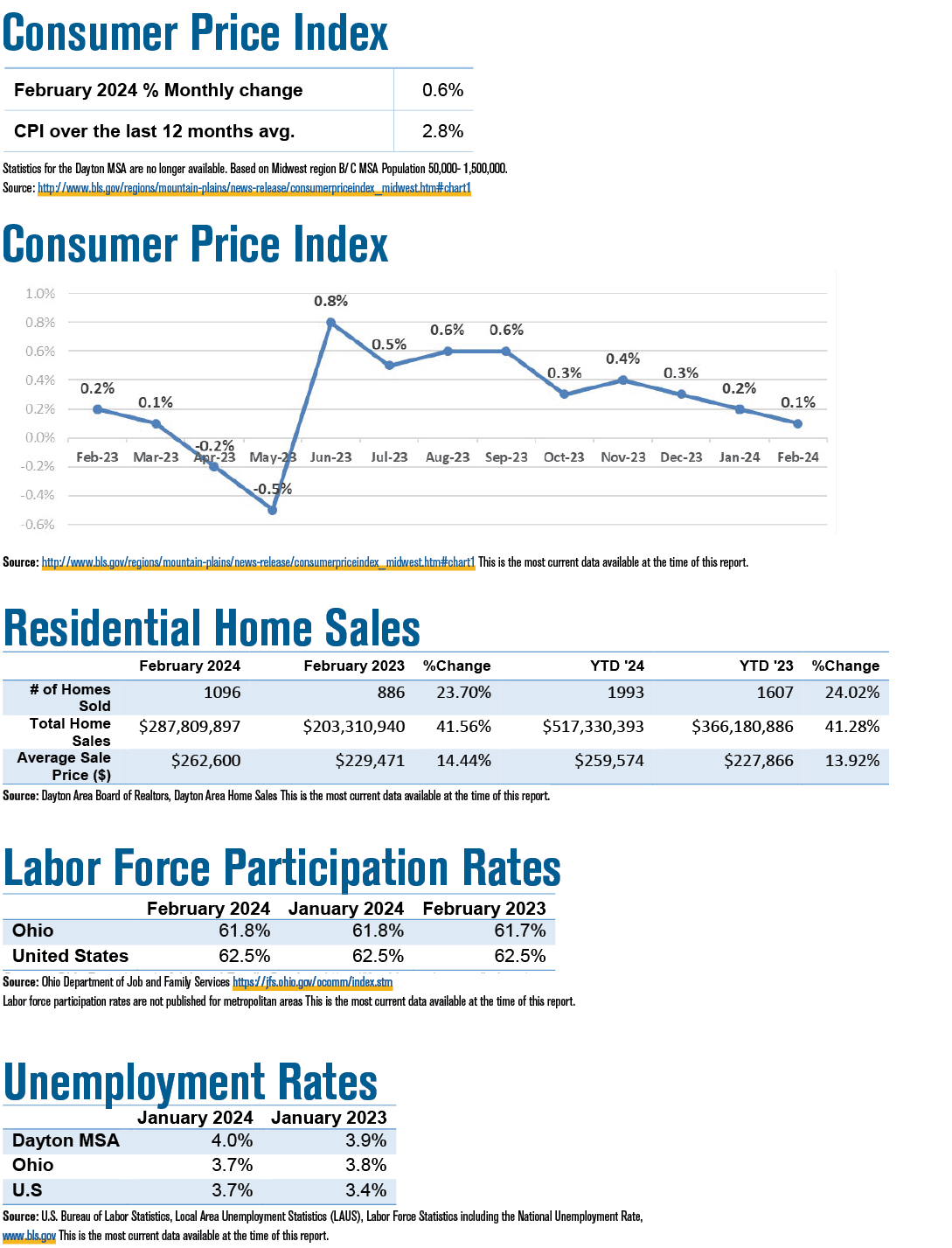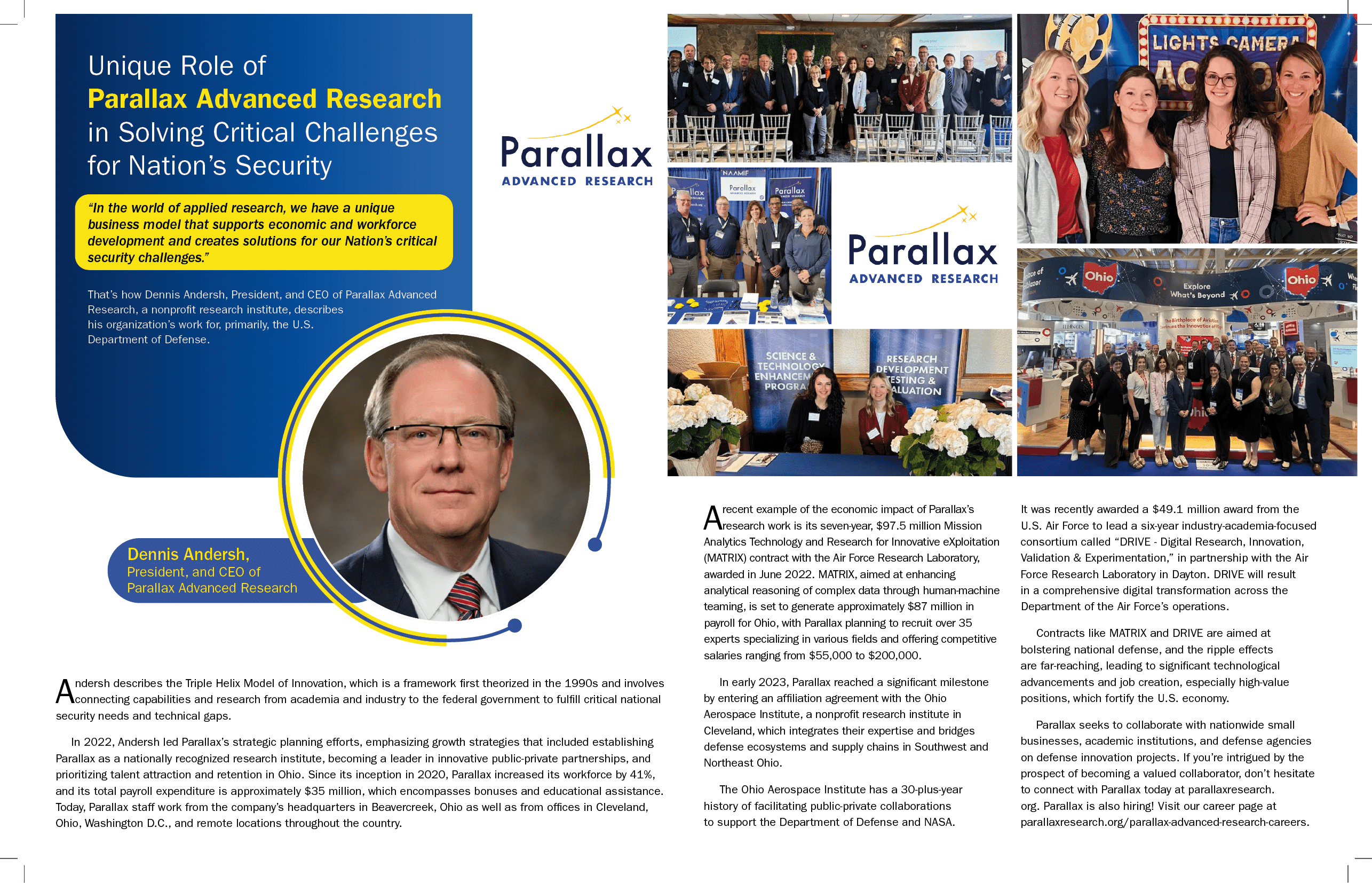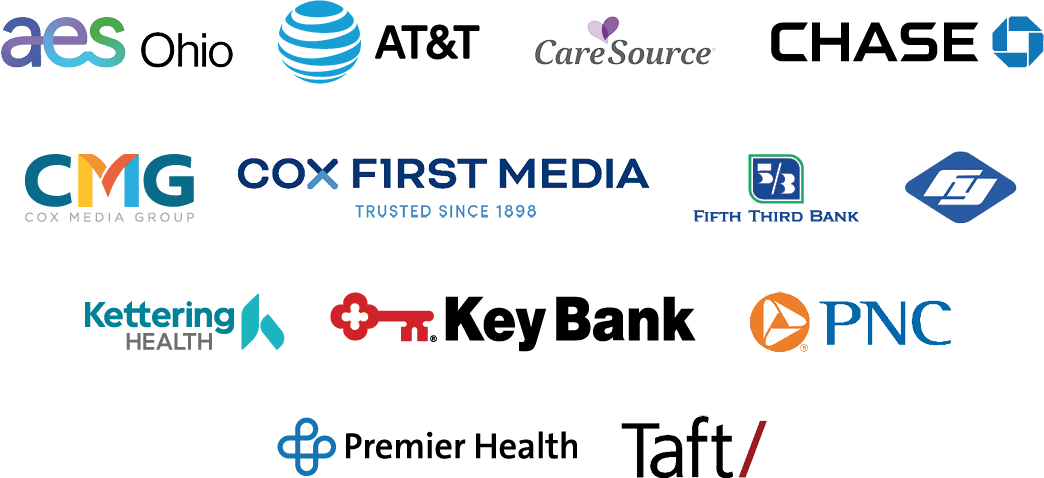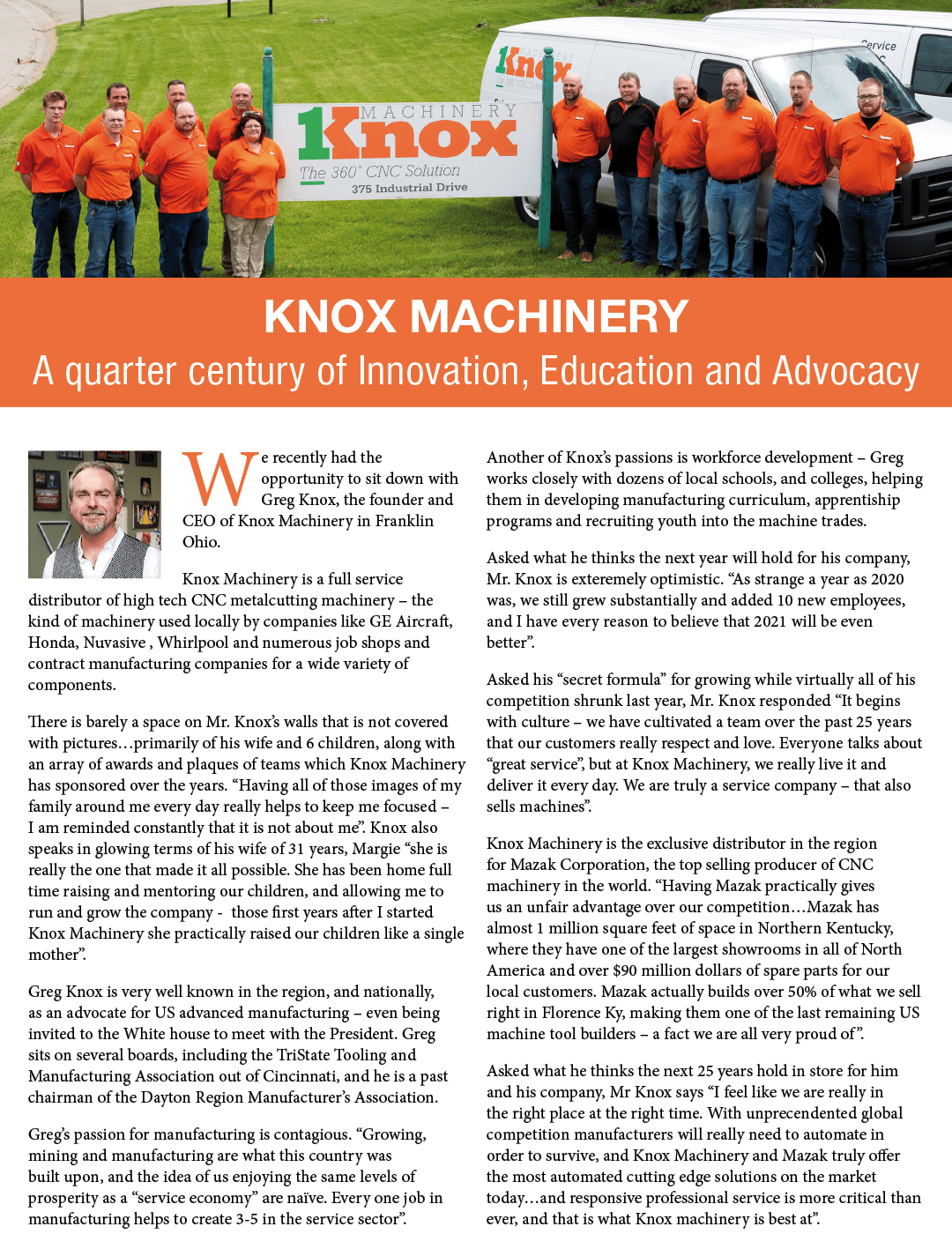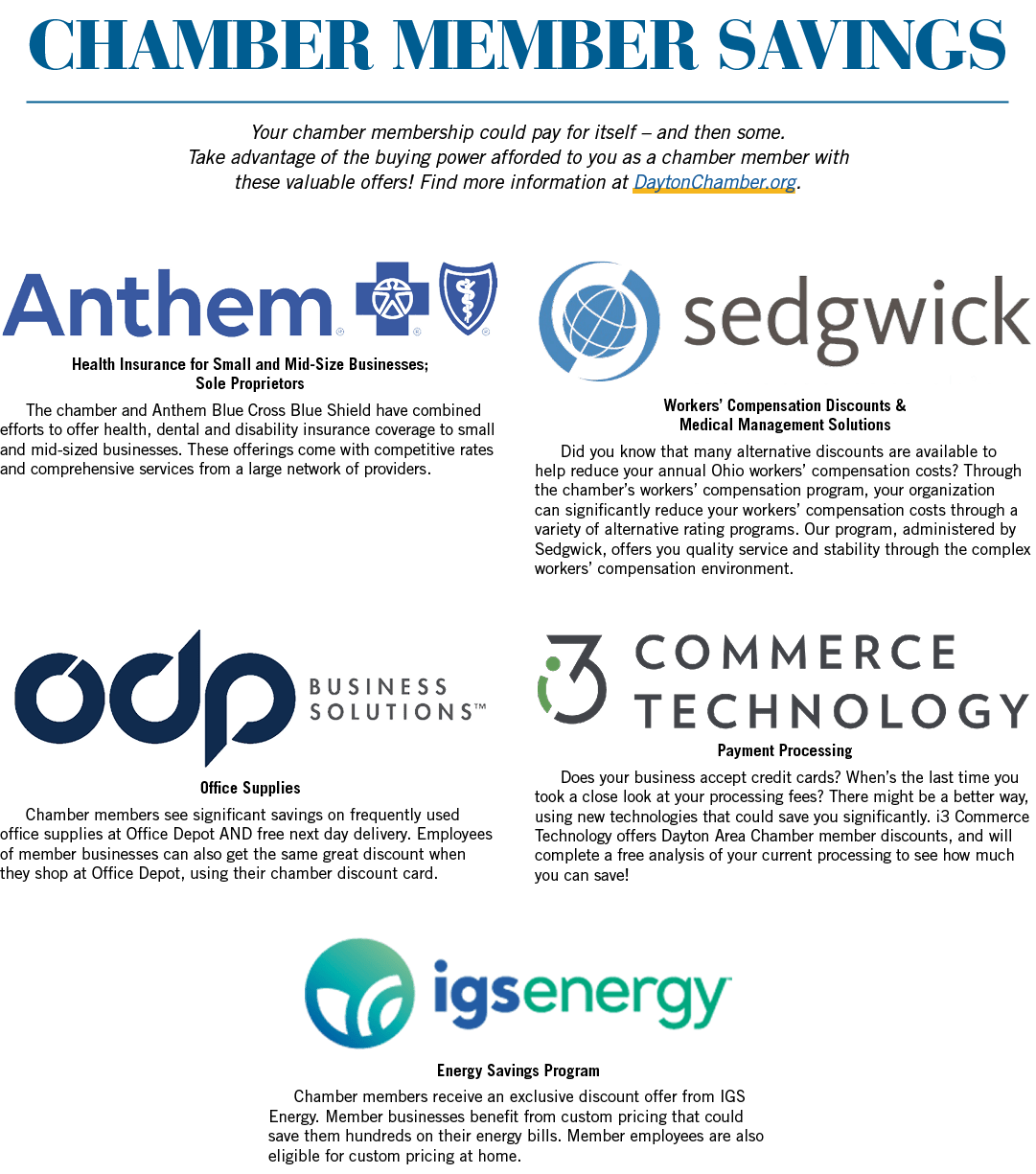Three Principles for Navigating This Time of Transformational Change in Higher Education
By Dr. K.L. Allen, Chancellor
Depending on whom you ask, you will get wildly different views on the state of the American university.
Some will tell you it is a moment of exhilarating promise and possibilities. Technology is enabling us to break the barriers of time and space to deliver quality instruction 24-7-365. New models are emerging that place students at the center of all we do. We’re rethinking financial aid and student loans in new and innovative ways.
Others say that we are descending into a Hobbesian dystopia, with ChatGPT writing papers, maniacal zealots indoctrinating young minds with woke, left-wing ideology, or, alternatively, right-wing idealogues banning books and prohibiting the honest teaching of history, and students leaving in droves because everything they need to know in life they can learn from YouTube, Google, and Wikipedia.]
But let’s take a step back from this divisive debate. Put down your phone. Tune out Twitter, Insta, Facebook, and all the rest. Turn off Fox News and MSNBC. Open your mind and your heart. I have a story to tell about the transformative nature of higher education, the urgent need for reform, and what I believe it will take for America to weather this storm and emerge with a stronger system of higher education that will continue to be the envy of the world.
This is a call to embrace three basic principles to guide our path through this time of transformative change:
• Recognize higher education as a public good.
• Depoliticize our colleges and universities.
• Focus on outcomes that lead to jobs and support economic growth and prosperity.
This story starts with my personal journey as a Black man in America growing up in the South, finding a world of promise and prosperity through attending college and, yet, taking a staggered and unorthodox career path that gives me a different perspective than your typical leader in higher education.
Arising from the South: Young, Gifted, and Black
Princeville, North Carolina—a small, manufacturing town—has the distinction of being the first independently governed African American community chartered in the U.S. Yet, when I came into the world there in 1979, there was segregation. But it was more socioeconomic than racial. The poor Black folks and the poor white folks were together on the other side of the river, where my family lived.
I wanted more.
One day in 1995, as a wide-eyed Black high schooler from rural North Carolina, I rode a bus with other kids from my town to visit St. Augustine College in nearby Raleigh as a part of the Upward Bound program for “underserved and under-resourced” children. I felt like Dwayne Wayne from the sitcom A Different World.
I quickly realized the importance of learning and the responsibility that comes with it. I also understood I had to do more than just show up; I had to learn so that later in life I could show out. This was a pivotal moment in my life: I saw that the narrow horizons I thought would define my life could open into exciting possibilities.
After joining the Guard, I changed from a boy lacking discipline and confidence to a man ready to walk onto campus. I enrolled at Barber–Scotia College, a historically black institution located in Concord, North Carolina, near the Charlotte Motor Speedway. During my time there, I was transformed. Although Barber-Scotia would later struggle with declining enrollment and other serious issues, I saw the power of community and African American solidarity in the Divine Nine and became a member of Kappa Alpha Psi.
The career path since to my current role has been anything but typical of a university chancellor, however. Alongside earning my MBA and Doctor of Education and working in the world of education—with fewer people looking like me as I rose up the ranks—I also have sold cellphones, done customer service, started my own business and picked up extra cash driving for Uber and Lyft. As folks used to say in my hometown, “You got it from going through the mud.”
A moment of profound transformation
This transformation is happening as we emerge from COVID and face an array of daunting difficulties. The amount we charge has outpaced inflation for a generation. Now, the actual cost of delivery has spiked along with nearly everything else as we face global inflation. Meanwhile, endowments in 2022 experienced the most significant annual losses since the 2008 financial crisis. The fundamental way we deliver instruction is transforming in dynamic and unpredictable ways. ChatGPT threatens to upend traditional methods for teaching writing and policing academic misconduct.
A Public Good
Never has it been more critical that we recognize and understand higher education as an essential component of individual and societal progress. This is not a new concept. Examples abound from George Washington calling for the establishment of a national university to the Morrill Land-Grant College Acts of 1862 to the G.I. Bill. This concept, however, is under threat.
Depoliticization
The reason supporting higher education as a public good is under threat is simple: too many Americans look at it with suspicion. In just two years, the percentage of Americans who held a positive view of higher education’s impact on the country decreased by 14 points., with Republicans holding a starkly more negative view than Democrats.
Supporting Jobs and Growth
In the 21st-century knowledge economy, colleges and universities must focus on producing graduates with the skills and knowledge to compete in the global job market. This is crucial for driving innovation and economic growth and meeting the demands of students and families who want a return on their investment in higher education. By doing so, colleges and universities can remain competitive and produce graduates who are well-equipped to succeed in the global economy.
Conclusion
The state of American universities is a subject of intense debate and varying opinions. However, there is no denying that higher education and society are at a crossroads, facing unprecedented changes of a magnitude not seen since the Industrial Revolution. To navigate this storm of transformative change successfully, we must recognize higher education as a public good, depoliticize the institution of higher education, and focus on outcomes that lead to jobs and economic growth.








































































